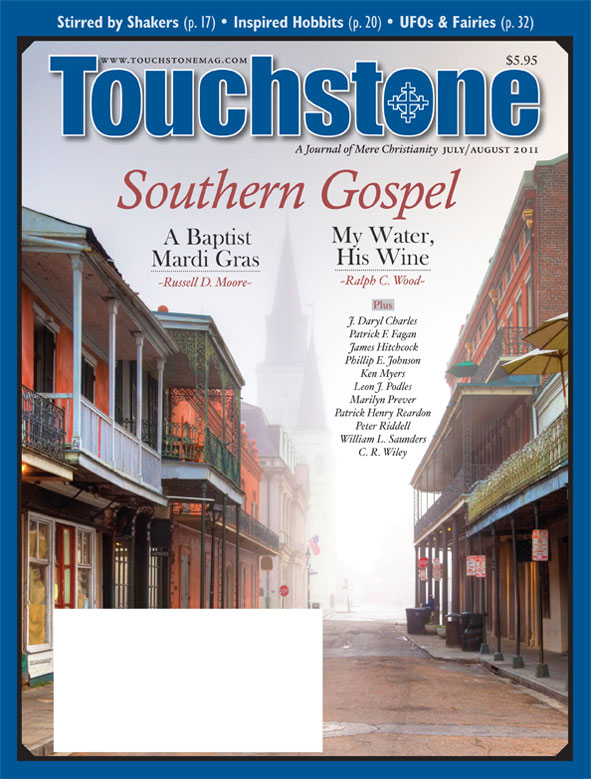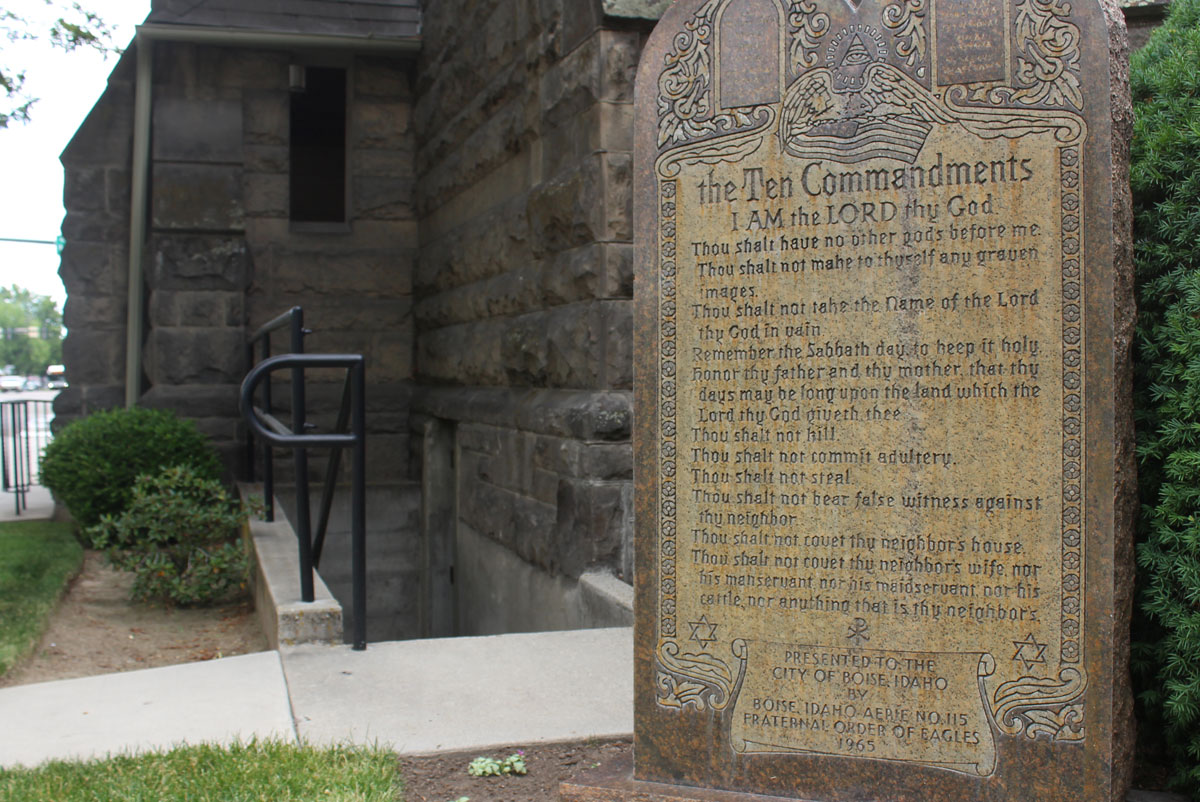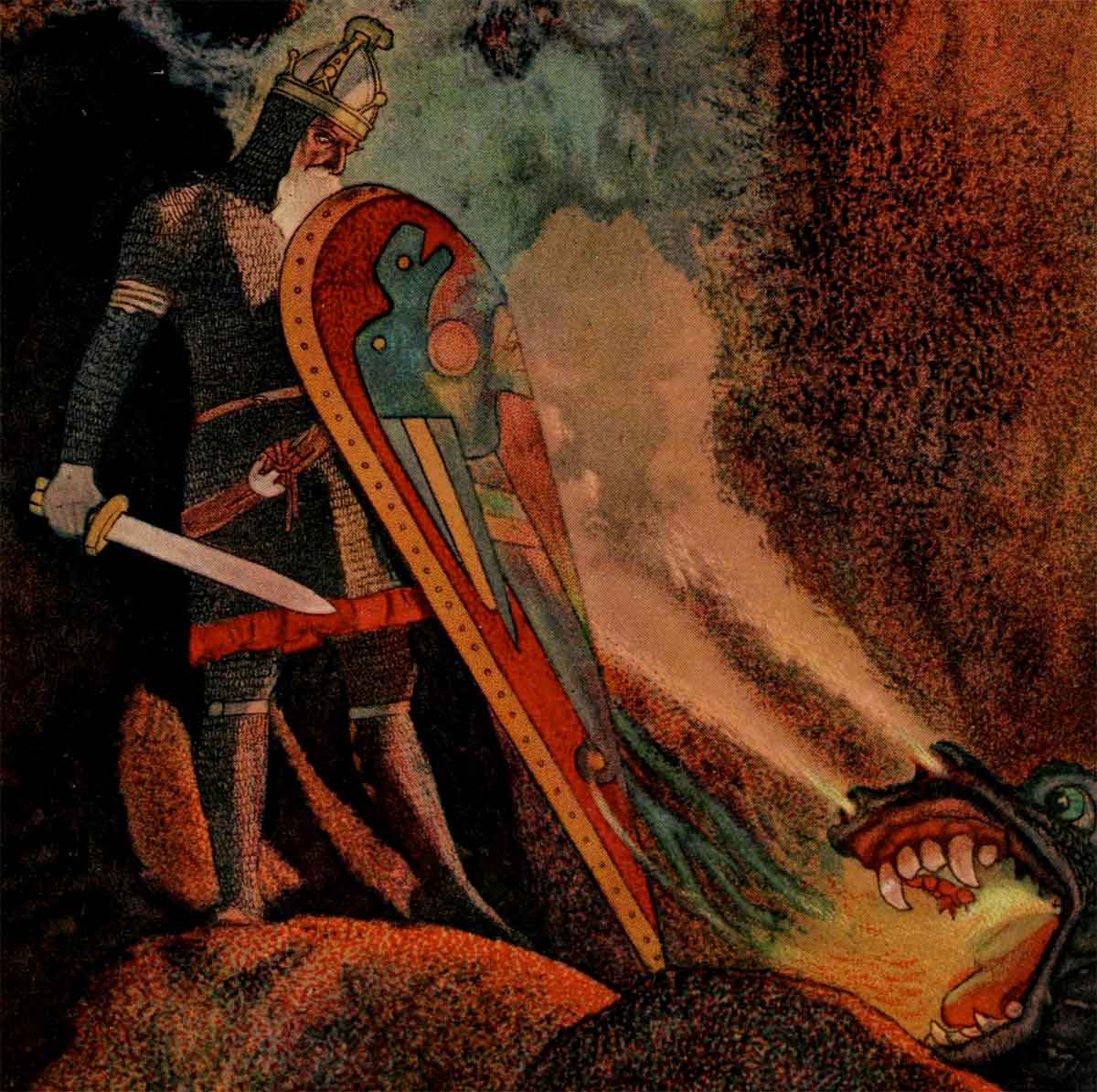Stirred by Shakers
C. R. Wiley on the Elegant Errors of a Failed Sect
When it comes to the opinion of the people who matter, the Shakers are hip. They had all the correct views: They practiced sustainable agriculture, they had gender equality, and they even reduced their carbon footprint to almost zero. (At this writing, there are said to be only three Shakers left in North America—that’s what celibacy will do for you if you don’t watch out.)
Today, Shaker villages appear to be populated mostly by supporters of National Public Radio. Amish communities do not seem to have the same appeal. A superficial assessment might lead you to believe that, if you love one, you should love the other: long dresses, straw hats, cows, the simple life, community—both have them. But there are differences in the ways the two sects relate the individual to the common life, and the common life to the natural order, that I think correspond to differences between the thought patterns of several identifiably different castes. If you like Fox News, you probably like the Amish; if you prefer the PBS News Hour with Jim Lehrer, you likely favor the Shakers.
So why is that? On the one hand, it comes down to sex. If you are the sort who sees a telos in sex—namely, children—then you should like the Amish. But if you’re the sort who thinks sex should serve personal goals—if you see children as an avoidable and even unfortunate consequence of sex—then you probably like the Shakers.
On the other hand, it still comes down to sex. Demographers tell us that as a society grows more egalitarian, a price is paid in fertility. Mother Ann Lee, the sad Shaker heresiarch whose eight children all died before the age of six, seemed to understand the connection. Since union implies submission, gender equality requires some strategy for keeping the sexes separate; so Mother Ann drew a line straight up to heaven to keep them that way, saying that even God is divided into male and female natures.
Worship tells a theological tale, and the tale Shaker worship tells is a sad and sterile one. There was no preaching in Shaker worship and no sacramental life. So what was there? Well, there was a lot of singing and dancing. The dances were especially revealing: groups of men would draw near the women, a pitiful mess of conflicted yearnings, and then withdraw. The women would do the same. At other times they would march around each other in concentric circles, men in one and women in the other, stomping their feet and clapping their hands, all the while singing at the top of their lungs about shaking out sin and beating out carnal thoughts.
While I find their ontology repellant, think their theology fatal, and even believe the world is better off without them, yet for all that, I feel some resonance with the Shakers. And I wonder, What is it about those nutty gnostics that calls to me? Could there be something worthwhile in Shakerism? And if so, is it possible, like an apothecary, to draw that something out for medicinal purposes?
Visions & Ingenuity
I have been to three Shaker villages, and recently my wife and I celebrated our twenty-fifth wedding anniversary with a pleasant afternoon at the Pittsfield Shaker village in the Massachusetts Berkshires. From the paucity of reading material at these villages, it is clear that the Shakers were not a bookish lot. One of the curators at the Pittsfield village told me that this was due to the rigors of nineteenth-century agriculture. Bosh! The history of Christianity is full of scholarship amid rural privation. No, you make time for what you care about. The more likely reason is that the Shakers did not think they had a good reason for reading. When it came to doctrine, they had Mother Ann, and besides her, they had visions. Here is a sample of one of those visions, as recorded by Hannah Cohoon beneath her famous folk painting, The Tree of Life:
I received a draft of a beautiful Tree penciled on a large sheet of white paper bearing ripe fruit. I saw it plainly; it looked very singular and curious to me. I have since learned that this tree grows in the Spirit Land. Afterwards the Spirit showed me plainly the branches, leaves, and fruit, painted or drawn on paper. . . . I entreated Mother Ann to tell me the name of this tree: which she did October 1st, 4th hour p.m. by moving the hand of the medium to write twice over, “Your Tree is the Tree of Life.” Monday July 3rd 1854.
C. R. Wiley is a pastor living in the Pacific Northwest. He is the author of The Household and the War for the Cosmos and In the House of Tom Bombadil. He is also a co-host of The Theology Pugcast. He is a senior editor of Touchstone.
subscription options
Order
Print/Online Subscription

Get six issues (one year) of Touchstone PLUS full online access including pdf downloads for only $39.95. That's only $3.34 per month!
Order
Online Only
Subscription

Get a one-year full-access subscription to the Touchstone online archives for only $19.95. That's only $1.66 per month!
bulk subscriptions
Order Touchstone subscriptions in bulk and save $10 per sub! Each subscription includes 6 issues of Touchstone plus full online access to touchstonemag.com—including archives, videos, and pdf downloads of recent issues for only $29.95 each! Great for churches or study groups.
Transactions will be processed on a secure server.
more from the online archives
calling all readers
Please Donate
"There are magazines worth reading but few worth saving . . . Touchstone is just such a magazine."
—Alice von Hildebrand
"Here we do not concede one square millimeter of territory to falsehood, folly, contemporary sentimentality, or fashion. We speak the truth, and let God be our judge. . . . Touchstone is the one committedly Christian conservative journal."
—Anthony Esolen, Touchstone senior editor










